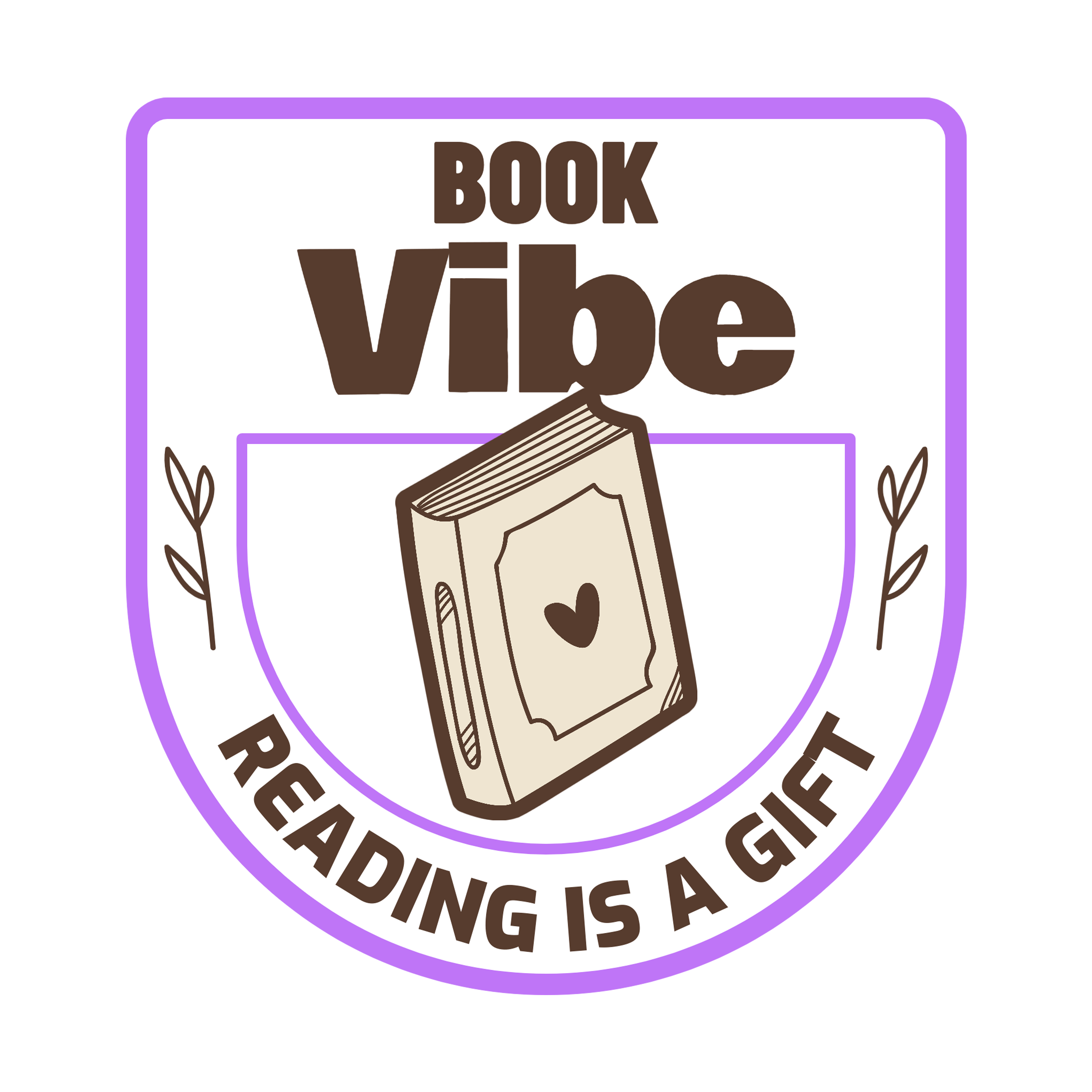
In a world increasingly shaped by screens, noise, and constant connectivity, the pursuit of inner peace has never felt more urgent. While mindfulness apps and wellness trends flood social media, one profoundly healing practice often gets overlooked: reading. Literature—yes, the humble book—can be a therapeutic force that intersects beautifully with modern wellness practices. From stress reduction and emotional resilience to even physical health benefits, books offer a quiet revolution in how we think about healing.
The Psychological Power of Reading
Reading isn’t just a leisure activity—it’s a psychological tool. Numerous studies have shown that immersing yourself in a compelling narrative can reduce stress levels significantly. According to a 2009 study by the University of Sussex, reading can lower stress by up to 68%, outperforming music, walking, or even drinking tea. Why? Because reading allows the mind to escape, recalibrate, and immerse itself in something far removed from immediate stressors.
This escape isn’t avoidance; it’s emotional processing. Whether you’re sobbing through a grief memoir or laughing at a witty novel, books offer a structured space for your emotions to breathe and settle. In this way, literature becomes both a mirror and a map—reflecting your internal world while offering a way forward.
Bibliotherapy: The Art of Healing Through Books
The concept of bibliotherapy—prescribing books for emotional or psychological well-being—isn’t new. It dates back to Ancient Greece, where libraries were considered healing places. In modern times, bibliotherapy has evolved into a recognized psychological practice. Therapists may recommend specific novels, memoirs, or poetry that align with a patient’s experiences, helping them gain insights and feel less alone.
Books can be particularly powerful for those dealing with grief, anxiety, or trauma. For instance, novels that explore loss can validate a reader’s feelings, while stories of resilience can instill hope. The beauty of bibliotherapy lies in its subtlety: rather than telling you how to feel, books allow you to arrive at your own emotional truths.
Genres That Promote Healing

While every reader finds solace in different types of literature, some genres naturally align with wellness:
- Memoirs: Offer personal perspectives on overcoming adversity, addiction, or illness.
- Poetry: Encourages introspection and emotional clarity through language and rhythm.
- Spiritual & Philosophical Texts: Offer frameworks for meaning-making and mental resilience.
- Uplifting Fiction: Boosts mood and helps combat feelings of isolation or cynicism.
- Nature Writing: Reconnects readers to the natural world, often inducing a sense of calm and wonder.
In the Book Vibe community, readers often recommend titles like The Book Thief, Tiny Beautiful Things, or Braiding Sweetgrass for their emotionally transformative effects.
The Role of Ritual in Reading
Modern wellness often emphasizes ritual—be it in the form of morning routines, meditation sessions, or intentional skincare. Reading, too, can become a sacred ritual. Creating a calm, designated space for books—perhaps with soft lighting, a cozy blanket, or a cup of herbal tea—transforms reading from a passive activity into an intentional wellness habit.
Many readers incorporate products like aromatherapy, weighted blankets, or even natural supplements to deepen their relaxation. For example, some report that using CBDfx THC Oil before settling in with a good book helps them ease into a state of calm focus. When paired with a quiet reading session, it becomes a gentle tool for mental unwinding, especially for those who struggle with anxiety or restlessness.
Books as a Catalyst for Community and Connection
Wellness isn’t only about solitude; it’s also about connection. Book clubs—whether online or in person—serve as communal spaces for shared introspection. Discussing a book that grapples with grief, for example, can make personal pain feel seen and understood. It fosters empathy, perspective, and healing conversations.
Online platforms like Book Vibe amplify this communal aspect by connecting readers with similar tastes, guiding them toward books that resonate deeply. The ripple effect? A supportive, healing network of like-minded bibliophiles.
Reading as Preventive Care
While we often think of wellness in terms of remedies—what to do when we’re already stressed or unwell—reading offers a form of preventive care. A regular reading practice can enhance vocabulary, improve memory, increase empathy, and build emotional intelligence. It teaches patience in an impatient world and presence in a culture obsessed with speed.
Books also encourage neuroplasticity—the brain’s ability to adapt and grow—making them a cerebral workout that benefits long-term mental health. In essence, regular reading not only heals; it fortifies.
Conclusion: Healing in the Pages
Literature is one of the most accessible and holistic forms of wellness we have. It doesn’t require expensive memberships or cutting-edge gadgets. All it asks is your time, your attention, and your willingness to feel. Whether you’re turning pages at sunrise with a cup of tea or unwinding with CBDfx THC Oil and a weighted blanket at night, reading can be a soulful companion in your wellness journey.
In a world flooded with wellness hacks, maybe the most effective one is also the most timeless: a good book.
